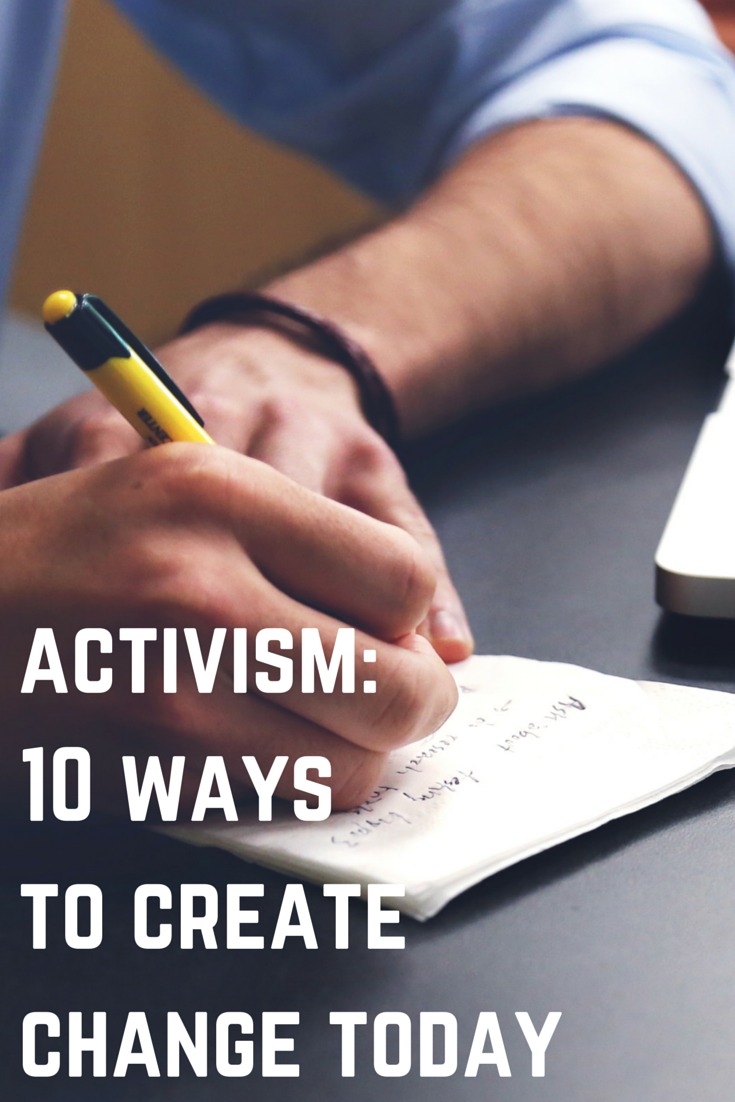In light of the #budget2015, Amanda has asked me to write a blog post about getting involved in politics. We are doing a swap of skills… she’s my social media guru and I’m giving her a few politics lesson!
How to get involved…
- Get involved with a political party. Decide which one best suits your personal beliefs and get involved. Not sure which best suits you? Try this quiz…
Have a look on their websites, explore their policies. You could go all the way and get involved as a candidate, like Susanna Rustin, who provides an excellent tongue in cheek review on becoming a politician.
Or you can become a member and help to fundraise and campaign for candidates. Members also help vote for the leadership of the party. Like the Labour Party but disliked Ed Miliband? Join the Labour Party and vote for the next leader and deputy leader.
- Write to your MP, MEP or counsellor. I have done work experience with MPs, they get very few letters. So when they get a few letters from constituents on an issue they get worried, if they get a lot of letters they get very concerned. After all, they know they need to get re-elected in a few months or years. Even better, get your friends and followers to also write letters. Think how worried they will be if they get a hundred letters the same.
Find your constituency: http://www.bbc.co.uk/news/politics/constituencies
- Interested in a particular policy area or issue? Then research, find and join a relevant society or charity that are actively campaigning about that issue.
For social justice, the Joseph Rowntree Foundation is a good one.
Again, get involved. Charities in particular will be grateful for any help they can receive.
Most of us will never influence national policy directly but we can make a difference by volunteering for a charity. The big charities and societies are experienced lobbyist and often consulted on relevant legislation changes. By supporting a national charity you are helping to support a charity that has a stronger voice than yourself be heard.
Even donating your old clothes can be seen as a form of activism.
- Join a local campaign group, these can be political or single issue. If you have a local concern, it is likely others do too. Find them, join them. The best way to find information about these is to look at the noticeboards and piles of information sheets in your local library or independent café or shop. Otherwise, google them or look in the local newspapers. I’m actively involved with my local history society, as that is an issue I feel strongly about and it also which cuts across political parties.
A list of Lincolnshire charities (where we are based) can be found here. A quick search online should help you find a similar list for your own county.
- Join in a local or national march. These will be advertised in the local media. Your local trade union will promote the big national marches.
- Concerned about workers’ rights? Find the main union in your work place and join a trade union, become involved as an officer or steward.
- If you cannot find a group you like, form your own. Organise, advertise, campaign.
- Otherwise use your skills… many of you will be active bloggers or twitter users. Read and re-tweet and re-post reliable sources of information, such as the board-sheet newspapers, charities, societies, academics or expertise. Don’t just re-tweet attention grabbing posts that you cannot verify the source of information, this will weaken your reliability. Opinion posts are good but must be have reliable sources of information.
- Write a blog post, link to relevant parties, charities, societies. Start a debate, encourage others to get involve. Set up a group to promote information and ideas. Pitch ideas to your local magazine or newspaper to promote information – make it entertaining but informative.
- The government website has other suggestions which you can find here. The ones I like are getting involved with consultations or signing petitions.
I am a member of the Labour Party because I believe in the constitutional declaration that ‘together we can achieve more than we can alone’.
However, you can often achieve more by deciding what your area of expertise is and utilizing those skills.
The government gets away with blaming the poor, the ill and those receiving benefits by playing on people’s stigma. Helping to remove that stigma by promoting the facts and your own experiences in an accessible but informative way helps to remove the strengths of these stigmas and the strength of the government lies.
So I am a teacher, I am a member of local and national history societies, I am a member of a political party and charities. I have also started to write and blog about my experiences. These are all forms of activism.
I think the best form of activism I can achieve is by helping my students to understand how our political system works, to think for themselves, to question everything, to seek out reliable information, to be independent thinkers who make up their own minds and become active member of society.
(Sadly some have chosen to vote Conservative after my lessons but that is fine as they have reasoned for themselves.)
Find one (or more) method that suits you and get involved and have fun.
About Debbie
Debbie is a self-confessed History-Geek, who thoroughly enjoys spending her days passing on her passion and enthusiasm in a post-16 educational environment. She uses her own experiences of overcoming disabilities and difficulties (such as dyslexia and chronic health conditions) to help support and encourage others to reach their potential. Her new blog can be found at historytiglet and she is also on Twitter.
(She also happens to be my sister!)









1 Comment
#budget2015 | historytiglet
July 8, 2015 at 8:35 pm[…] https://www.aspiraldance.com/activism-10-ways-you-can-create-change/ […]